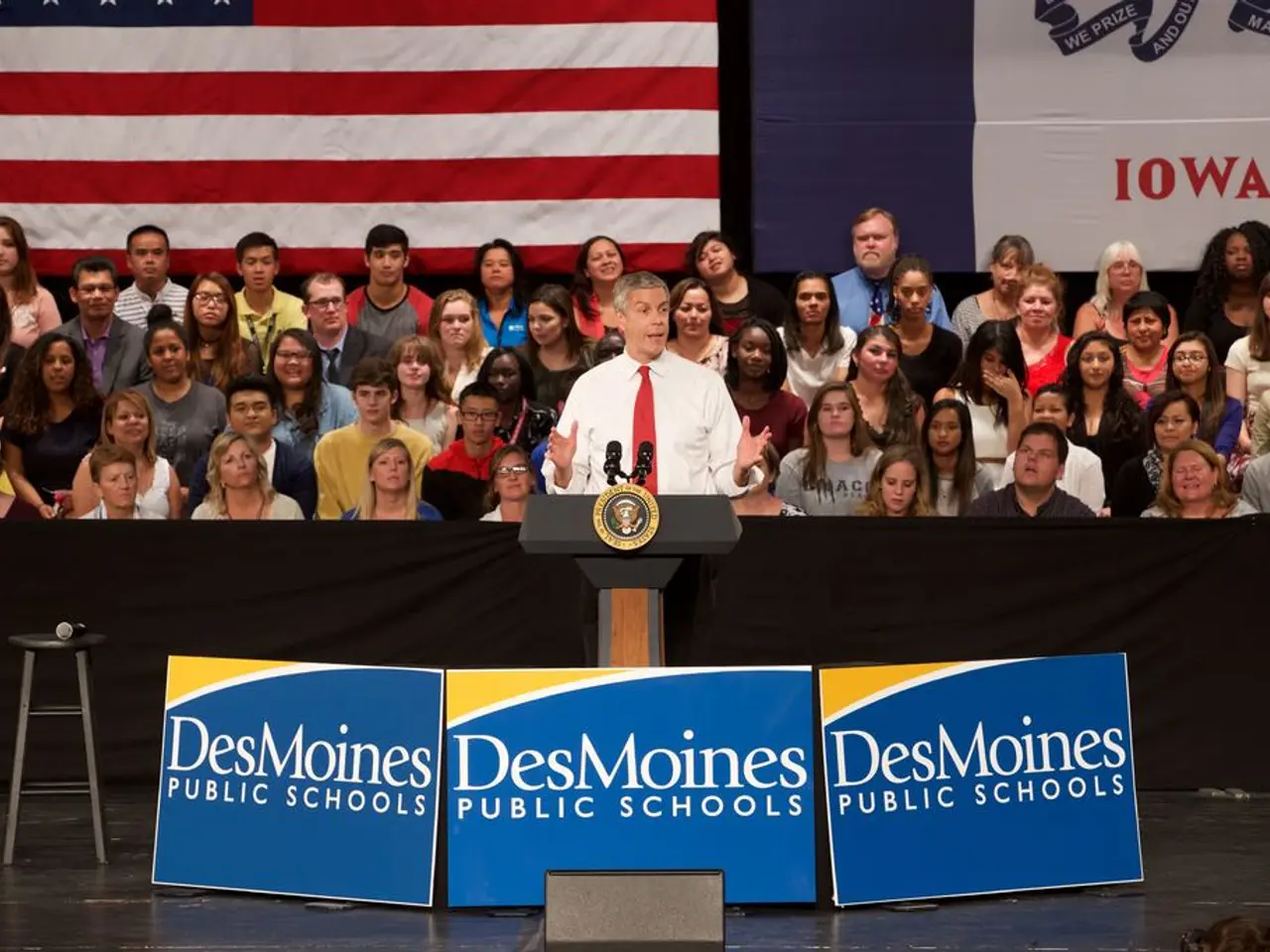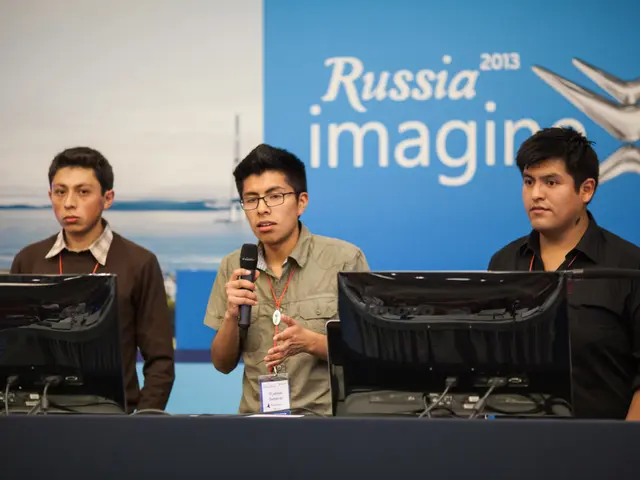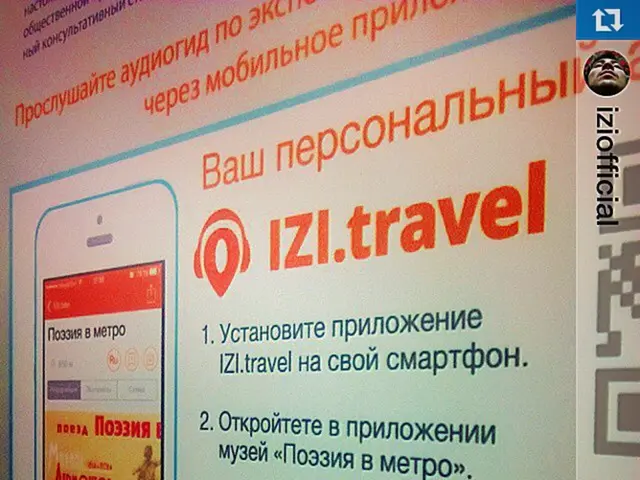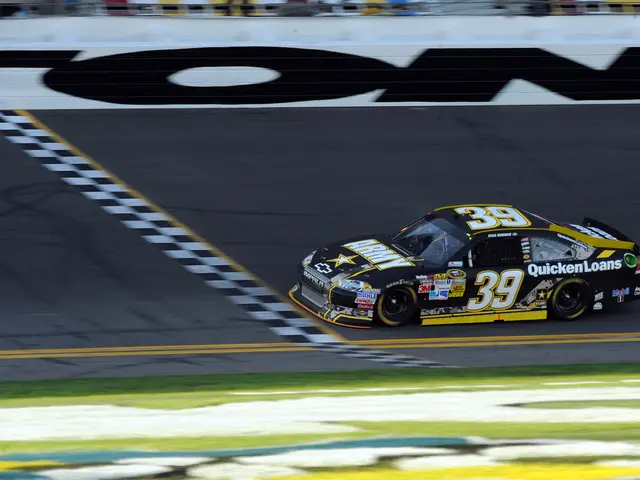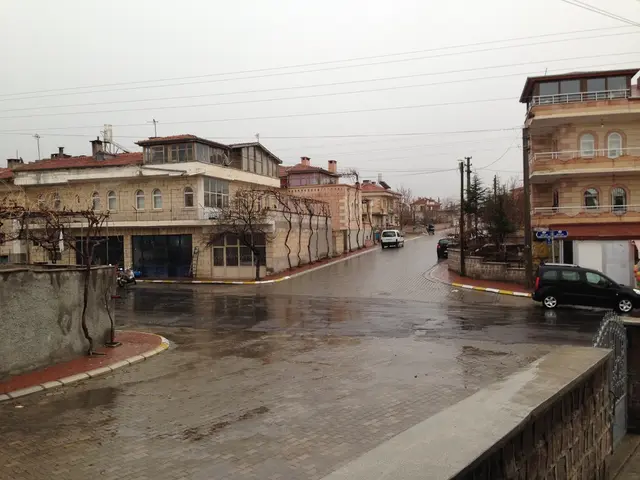Has WordPress veered off its path?
The WordPress community has been embroiled in a high-profile legal dispute between Automattic, led by CEO Matt Mullenweg, and WP Engine, significantly impacting contributors and the broader ecosystem. In September 2024, Automattic took action against WP Engine, including cutting off its access to WordPress.org and controversially taking over WP Engine’s Advanced Custom Fields (ACF) plugin, following allegations that WP Engine and its private equity owner profited from WordPress without sufficiently giving back to the community.
The legal and community conflict raises concerns about the sustainability and health of the WordPress ecosystem, given that both companies rely on the underlying open source community. Observers suggest that a settlement might require mutual apologies, commitments to contribute resources back to the community, and dropping of trademark and legal claims by both parties to avoid damaging the ecosystem they depend on.
Amid these controversies, there have been constructive proposals aimed at improving WordPress’s technical infrastructure for the benefit of contributors and developers. Notably, Mullenweg and others have supported phased (or staged) plugin updates, allowing a gradual rollout of plugin versions to minimize site breakages and improve feedback on potential issues. This approach is seen as vital due to current infrastructure limitations that make it difficult for plugin authors to detect and diagnose problems early.
The ongoing dispute illustrates challenges in open source governance, especially concerning ownership, accountability, and contribution balance in large ecosystems. The tensions surrounding these issues have led to debates on transparency and accountability, as highlighted by Mullenweg’s public statements and interviews.
Some community members, including the author, have expressed concerns about the project's direction and the impact of recent decisions on the community's openness. The author has not contributed to WordPress for nearly six months and has expressed a desire to return to a comfortable, welcoming space within the community. However, the author has also expressed anxiety about the project's current state, feeling that it is different and less open compared to the one they fell in love with.
The author believes that WordPress should embrace diversity of thought and remain open to uncomfortable yet necessary conversations. The author suggests that stepping away could have a massive impact on the web, amplifying the issues WordPress faces in its public perception. The author does not specify any new instances of friends or colleagues being banned or sidelined within the community but expresses a desire for greater transparency, clearer guidelines, and opportunities for constructive disagreement.
Investors involved in Automattic and companies reducing contribution hours have contributed to the tension within the WordPress community. The WP Engine debacle has disrupted websites, businesses, and damaged trust within the community. Despite recent reversals and welcoming of contributors back into the community, the author has lost faith in the project's openness due to the silencing or removal of respected contributors.
As these developments continue to evolve, it is crucial for the WordPress community to address the underlying issues and work towards rebuilding trust and preventing further fractures. The proposed changes, such as phased plugin updates, could play a significant role in fostering a safer development environment for contributors and users. The community's ability to navigate these challenges and maintain its openness will be key to its long-term success.
References:
[1] Mullenweg, M. (2024). WordPress.org Blog Post. [Online]. Available: https://wordpress.org/news/2024/09/wp-engine/
[2] Smith, J. (2024). The Register. [Online]. Available: https://www.theregister.com/2024/09/15/wordpress_community_tensions/
[3] WordPress.org (2024). WordPress Development Proposals. [Online]. Available: https://make.wordpress.org/core/2024/09/15/proposed-development-changes/
[4] Wilson, K. (2024). TechCrunch. [Online]. Available: https://techcrunch.com/2024/09/15/wordpress-community-tensions/
[5] Mullenweg, M. (2024). Interview with WPTavern. [Online]. Available: https://wptavern.com/interview-with-matt-mullenweg-on-the-wordpress-community-tensions/
In this turbulent WordPress ecosystem, discussions revolve around the role of technology and business, with concerns about the impact of negative business practices on the community's technical infrastructure. The ongoing dispute between Automattic and WP Engine has highlighted the need for a balance in ownership, accountability, and contribution within the ecosystem, emphasizing the importance of transparency, clear guidelines, and opportunities for constructive disagreement. To foster a safer development environment, there have been proposals for phased plugin updates, a move that could help address current infrastructure limitations and improve the overall health of the WordPress community.
